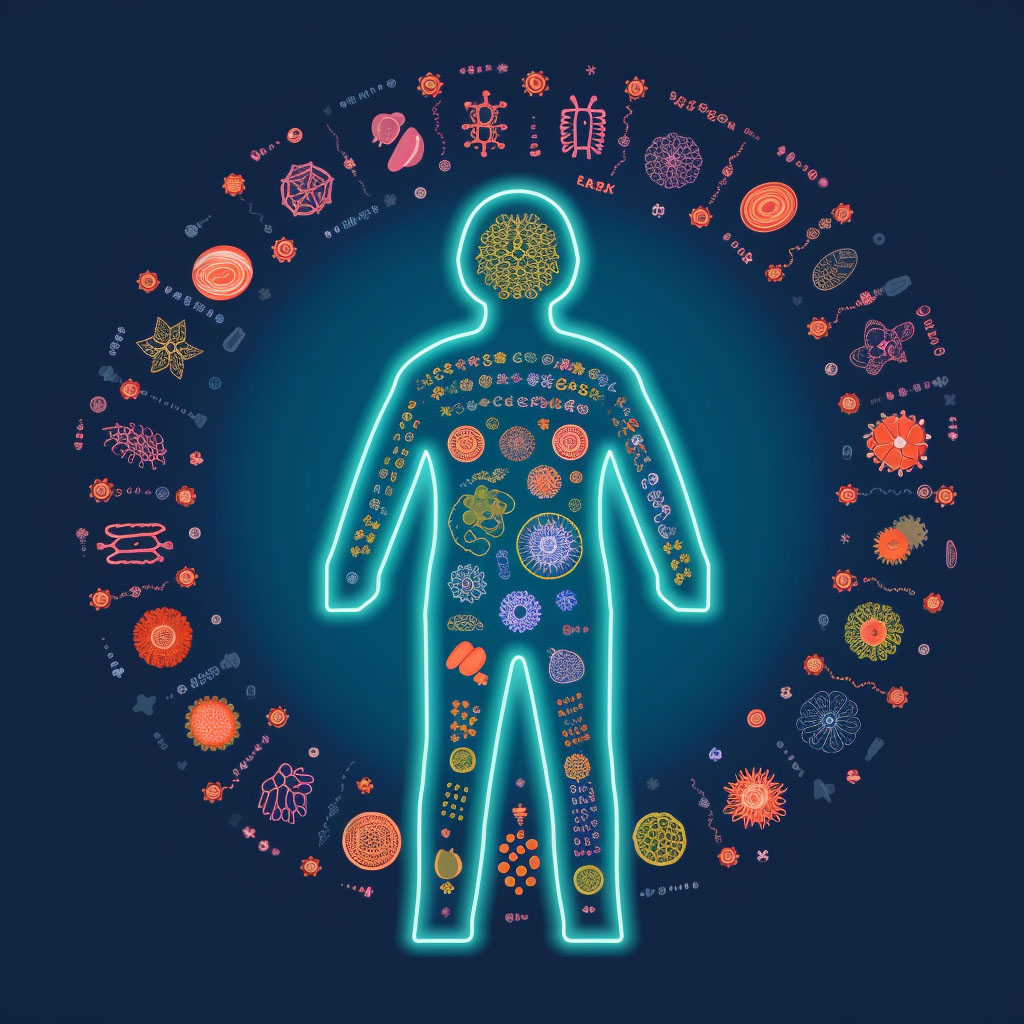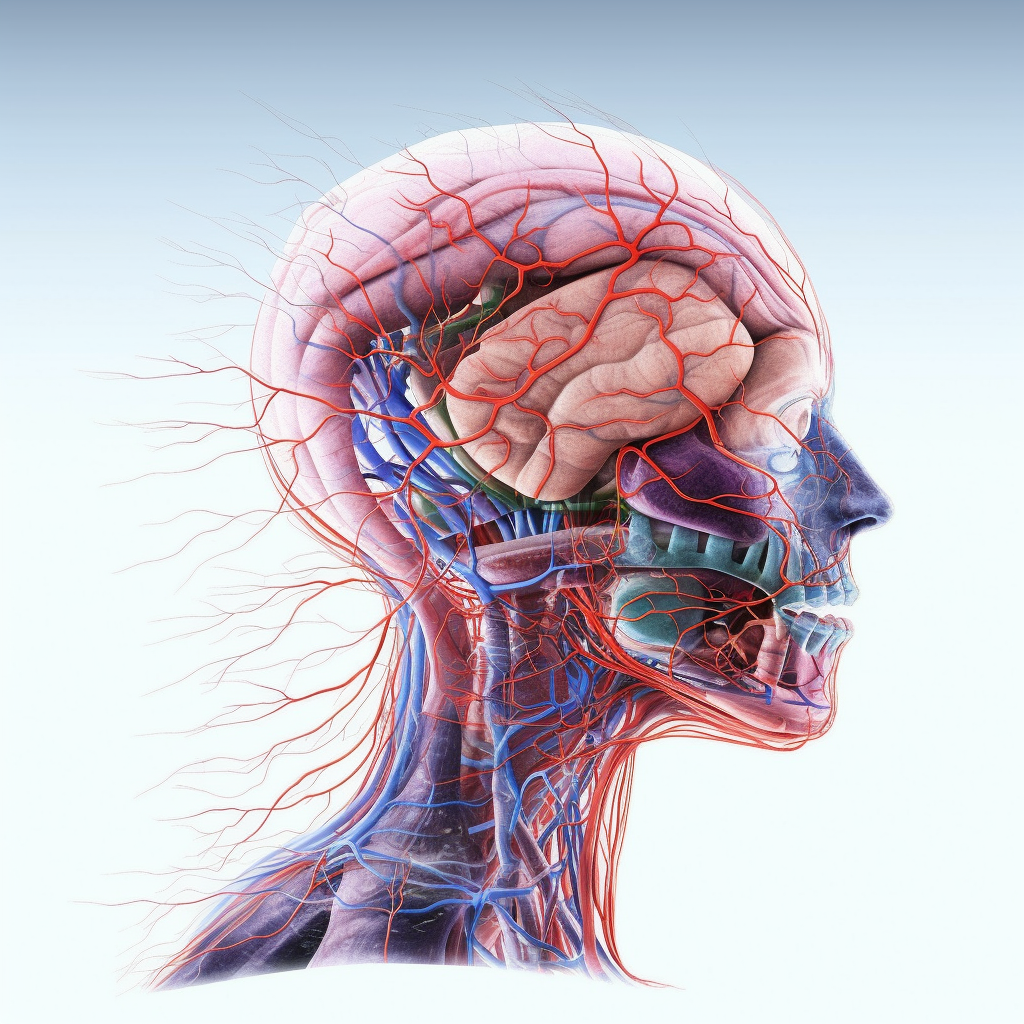
MICROBIOME REPAIR
The gut microbiome is a complex ecosystem consisting of bacteria, viruses, fungi, and protozoans. Through diagnostic skills, we can compare your gut microbiome to that of a statistically healthy gut microbiome, reducing the risks of cancer, dementia, heart attacks, and strokes.
At our clinic, we focus on repairing the microbiome and addressing microbiome damage, which can have a profound impact on our overall health. Microbiome damage often leads to a chain of events that includes inflammation, toxin buildup, adrenal cortisol production, and ultimately, liver toxicity and neuroendocrine dysfunction, resulting in hormone imbalances.
HORMONE BALANCING
At CCIM, we specialize in hormone balancing and endocrinology, aiming to address the underlying causes of medical problems related to hormone imbalances. We utilize advanced testing methods such as blood, saliva, and urine (DUTCH) tests to comprehensively assess hormone levels and tailor treatment plans accordingly. Dr. DV, a member of the American Association of Clinical Endocrinologists, brings extensive experience in using hormone therapies to treat various medical conditions.
Hormones play a crucial role in facilitating communication between cells in the body and regulating essential processes. When hormone levels are imbalanced, it can lead to a range of medical problems.


HIGH DOSE IV VITAMIN C
IV Vitamin C has emerged as a promising therapeutic option for various complex medical conditions. This article explores the clinical uses of IV Vitamin C and its potential benefits in treating neurologic illnesses, mood disorders, infections, chronic inflammation, and cancer.
Vitamin C plays a crucial role in neurologic structures, promoting neuronal maturation, myelin formation, neurotransmission modulation, and antioxidant protection. Deficiency in vitamin C transport can lead to cerebral hemorrhage, underscoring its importance for brain function. IV Vitamin C shows potential therapeutic benefits for neurodegenerative diseases like Alzheimer's, Parkinson's, Huntington's disease, multiple sclerosis, ALS, and psychiatric disorders such as mood disorders and schizophrenia.
Parkinsons’ Disease Treatment
At the Columbia Center for Integrative Medicine, we understand that Parkinson's disease is a complex condition characterized by the destruction of dopamine-producing neurons in the substantia nigra. This neuronal loss is responsible for the motor symptoms associated with the disease. However, Parkinson's disease is not limited to motor symptoms alone. There is also impaired synaptic transmission in the prefrontal cingulate cortex and substantia nigra, leading to nonmotor symptoms.
A notable feature of Parkinson's disease is the accumulation of Lewy bodies, which are abnormal cellular membranes composed of misfolded alpha-synuclein protein. These Lewy bodies can be found in various parts of the brain and body, including the cerebral cortex, vagus nerve, sympathetic ganglia, and intestinal nerves. Recent research has highlighted the role of the gut microbiome in the development of misfolded alpha-synuclein in the nervous system, contributing to the onset of Parkinson's disease.

